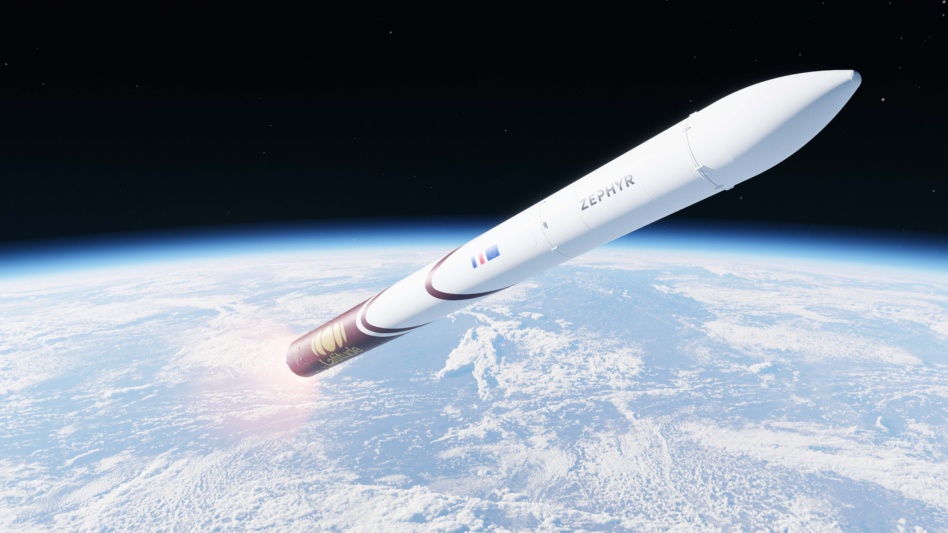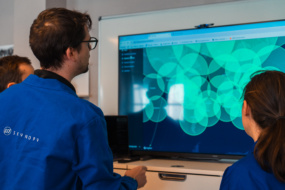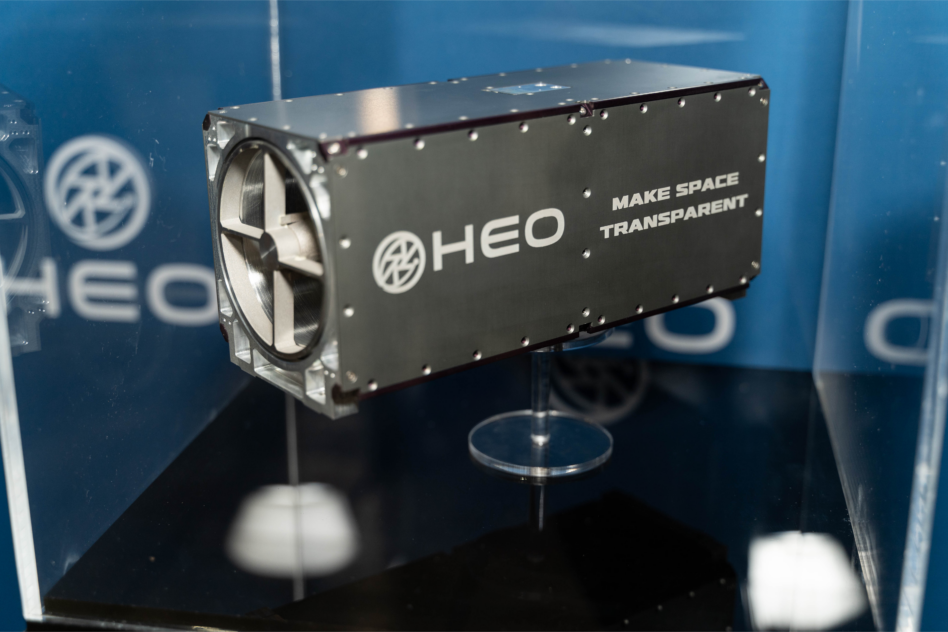French launch startup Latitude secured €15M ($16.1M) under the France 2030 plan to increase government investment in innovation, the company announced Tuesday.
The company, which closed a $30M Series B in January, plans to use the funding to ramp up their in-house production capabilities of:
- Turbopumps: Latitude will use some of the money to complete development and production of turbopumps that will power its small-launch Zephyr rocket. They have invested in machinery and 3D-printing technology to ensure that all future turbopumps can be produced in-house.
- Avionics: Funds will also allow Latitude to acquire and test commercial-off-the-shelf (COTS) avionics components to cut costs.
Spaceport shopping: Latitude is planning its first test launch in late 2025, CEO Stanislas Maximin told Payload. However, the true bottleneck will be getting the French government to approve the launch in that timeframe.
The company will move forward with rocket tests at the same time as they’re trying to get the OK from the government to launch in French Guiana. If that fails, they aren’t afraid to look elsewhere, including the UK, Norway, or Australia, for a spaceport that can take them into orbit, Maximin said.
“The challenge is to get the launch authorization in time, because in France it takes at least 18 months to get it. You can see how challenging it is and how we need to have regulators on our side,” he said.
Line out the door: Maximin said he hopes the company’s strong partnership with the French state will lead to a speedy approval process—which would be good news for the customers they’ve already agreed to take into orbit.
CNES signed a contract with Latitude in March to become one of the first customers on Zephyr in 2026. EO startup Prométhée Earth Intelligence has also purchased an early ride aboard Zephyr.
The company’s ultimate goal is to launch 50 times per year by 2028.





